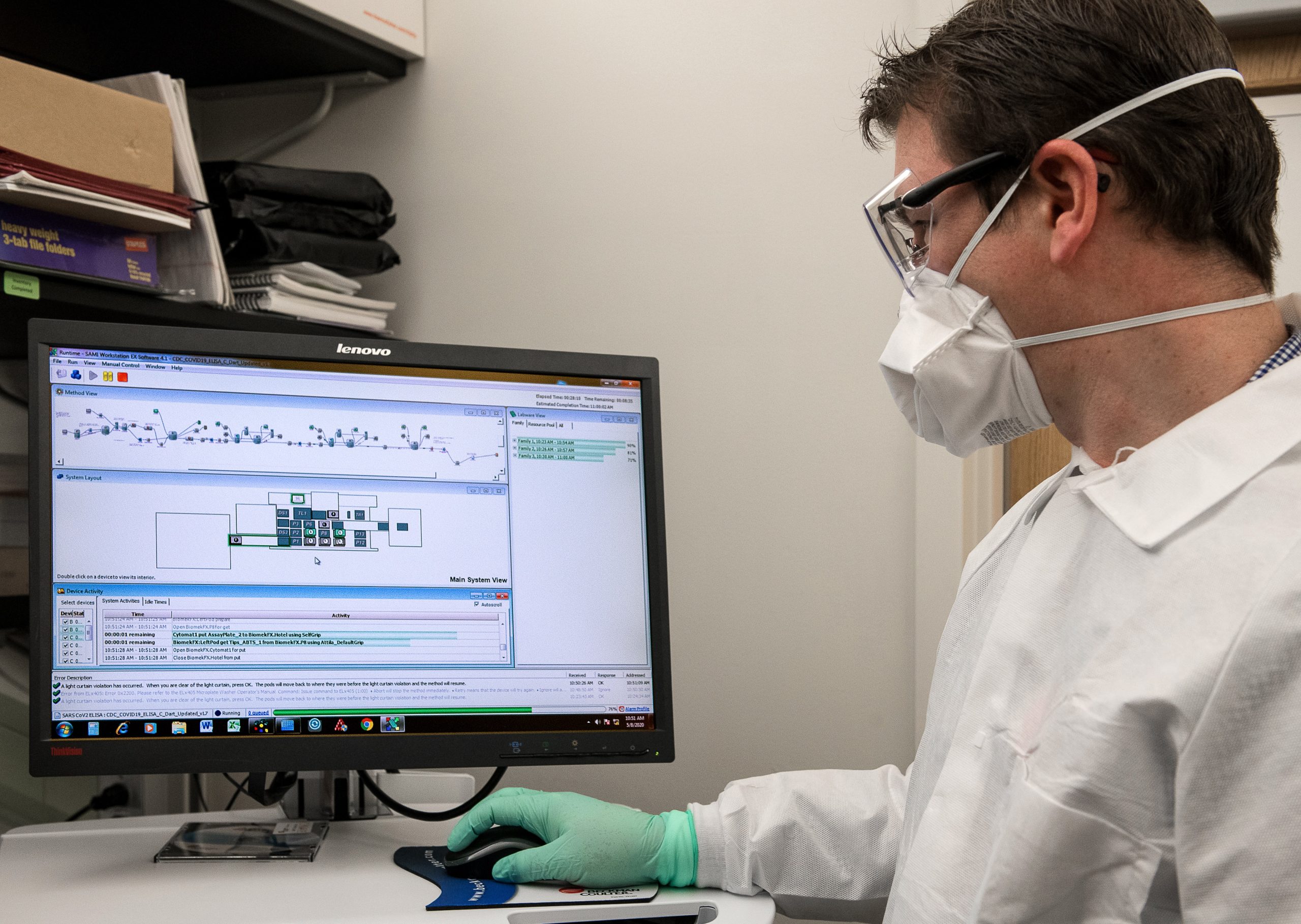
Lauren Dempsey, MS in Biomedicine and Law, RN, FISM News
[elfsight_social_share_buttons id=”1″]
Artificial intelligence (AI) tools have the potential to revolutionize health care if applied correctly. According to the U.S. Government Accountability Office (GAO), AI could help improve care by predicting health trajectories, recommending treatments, and automating administrative tasks.
Clinical AI tools have also shown promise in guiding surgical care, monitoring patients, and supporting population health management. New research is revealing that AI is extremely accurate as a diagnostic tool.
Cedar Gate Technologies announced that their platform was able to identify individuals at risk for developing diabetes within a 12-month time frame with over 80% accuracy among 1.2 million members.
David B. Snow, Jr., Chairman and CEO of Cedar Gate, said “Diabetes is among the costliest diseases if left unmanaged. By predicting diagnosis at scale, payers and self-insured employers can partner with providers to intervene early to dramatically reduce the risk and cost of unmanaged diabetes.”
The technology works through machine learning neural networks, which imitate the behavior of the human brain and uses data and complex algorithms to train predictive models.
“While there have been many university-based research studies showing the capability of AI-related diabetes prediction models, we’re applying our technology to commercial use cases, putting advanced analytic tools in the hands of business users to solve real-world problems,” said Rajiv Mahale, Chief Product and Business Development officer at Cedar Gate. “Today, we have the technology to curb the trajectory of diabetes deeply and meaningfully, controlling cost and improving health outcomes at scale.”
According to the Centers for Disease Control and Prevention (CDC), there are more than 130 million adults living with diabetes or prediabetes in the United States, it is the eighth leading cause of death in America and costs an estimated $327 billion in medical costs and lost work and wages.
Similar technology was developed by researchers at Massachusetts General Hospital (MGH) to detect Alzheimer’s disease and relies on high-quality brain images captured by magnetic resonance images (MRIs). Their platform was able to detect Alzheimer’s disease with more than 90% accuracy.
CHATGPT SHOWS PROMISE, BUT EXPERTS URGE CAUTION
Other AI-based platforms like ChatGPT have the potential to be used as a screening tool. ChatGPT was created by OpenAI and is a natural language processing tool driven by AI technology that allows the user to have conversations with the chatbot.
University of Maryland School of Medicine (UMSOM) researchers conducted a study to evaluate the reliability and accuracy of ChatGPT answers. UMSOM researchers created a set of 25 questions related to advise on getting screened for breast cancer and submitted each question three times to see what responses were generated.
They found that the responses were appropriate for 22 out of the 25 questions. However, the chatbot did provide one answer based on outdated information and two other questions had inconsistent replies.
“We found ChatGPT answered questions correctly about 88 percent of the time, which is pretty amazing,” Paul Yi, MD, Assistant Professor of Diagnostic Radiology and Nuclear Medicine at UMSOM and Director of the UM Medical Intelligent Imaging Center (UM2ii), said. “It also has the added benefit of summarizing information into an easily digestible form for consumers to easily understand.”
While this can be a helpful tool, Dr. Yi urged users to exercise caution when using the platform, explaining that “ChatGPT sometimes makes up fake journal articles or health consortiums to support its claims.” Yi said, “Consumers should be aware that these are new, unproven technologies, and should still rely on their doctor, rather than ChatGPT, for advice.”
While AI has a variety of uses that can be applied to health care, some experts warn that the human component of providing care cannot be replaced by a computer.
“Humans and machines together can excel in different ways that individually they cannot,” Dr. Keith Horvath, senior Director of Clinical Transformation at the Association of American Medical Colleges (AAMC), said. “The two combined can accomplish what neither of them can do alone.”
